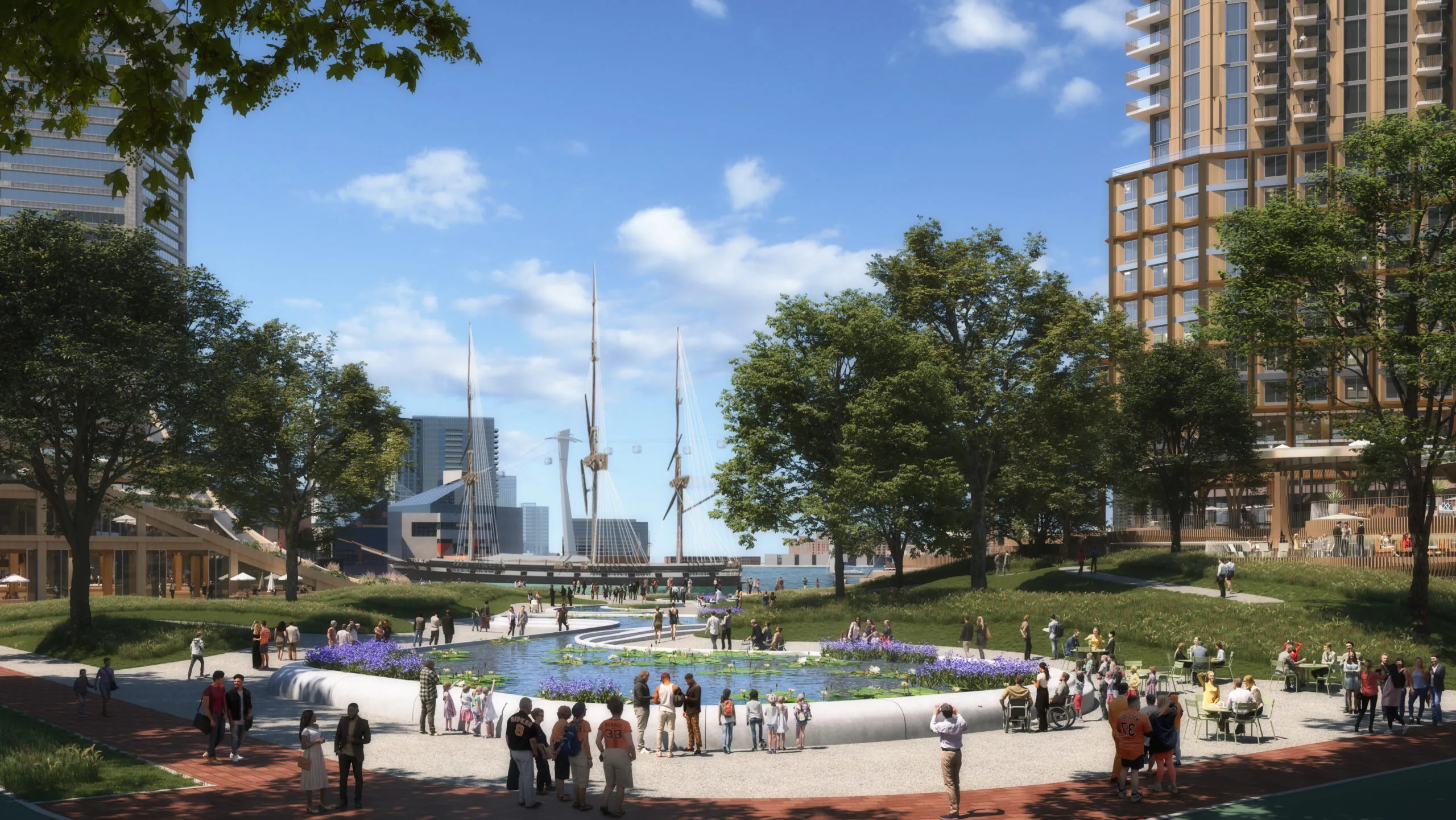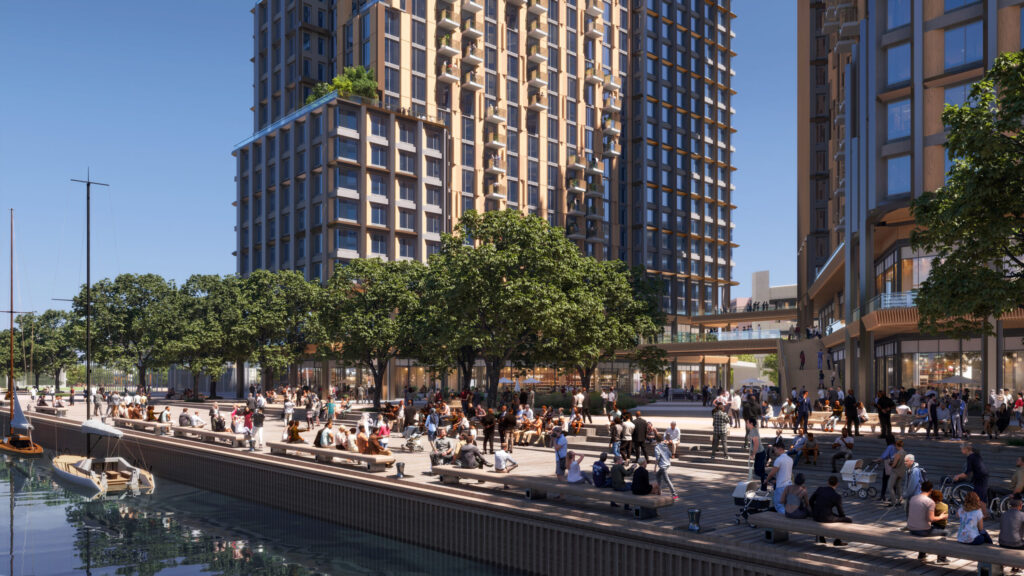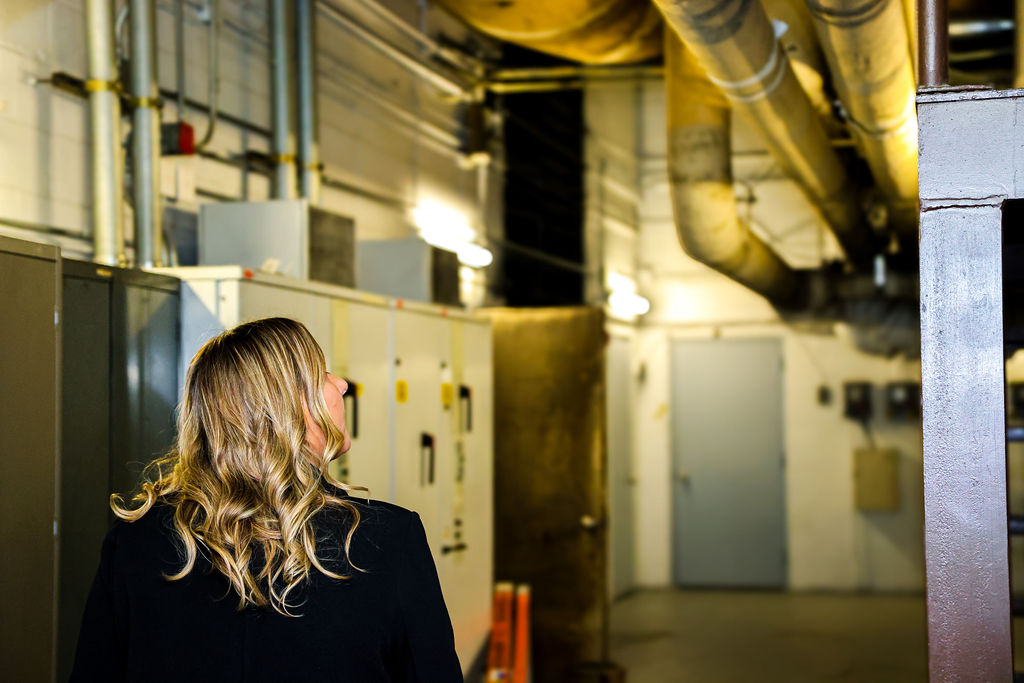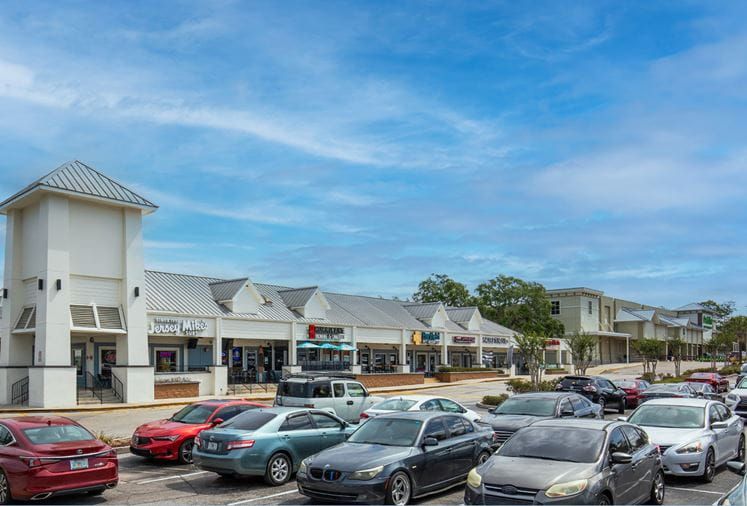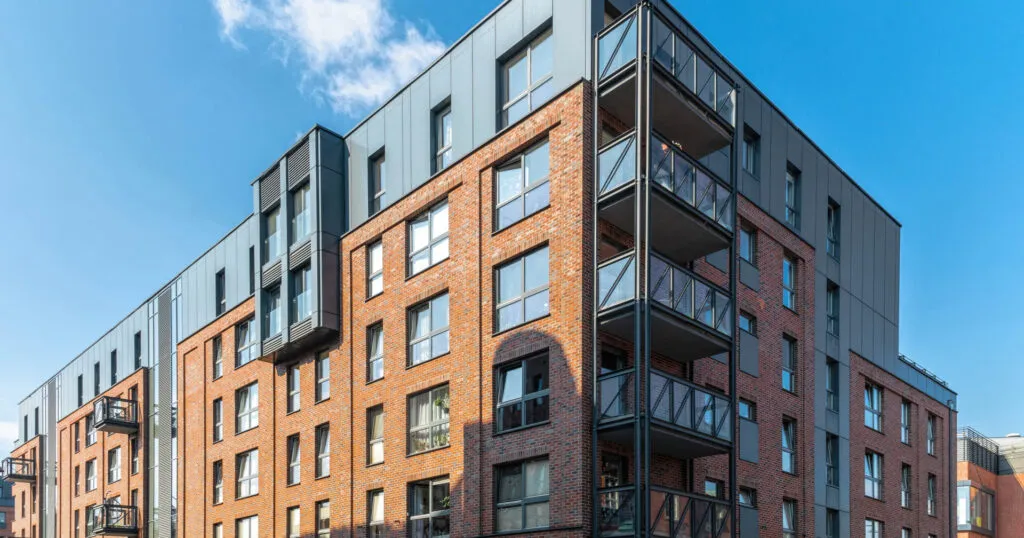MCB Real Estate Recognized with two “Best in Commercial Real Estate” Awards
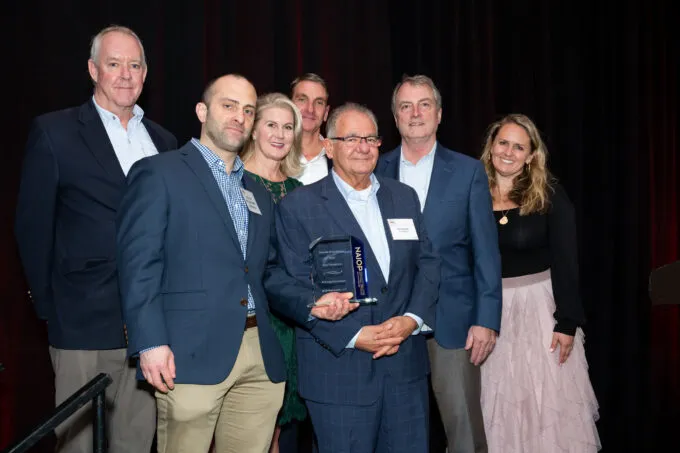
MCB captured two “Best in Commercial Real Estate” Awards from NAIOP Maryland at its bi-annual “Awards of Excellence,” a program that celebrates the innovative achievements of regional commercial real estate developers, as well as the companies and professionals that service this industry throughout the Maryland region.
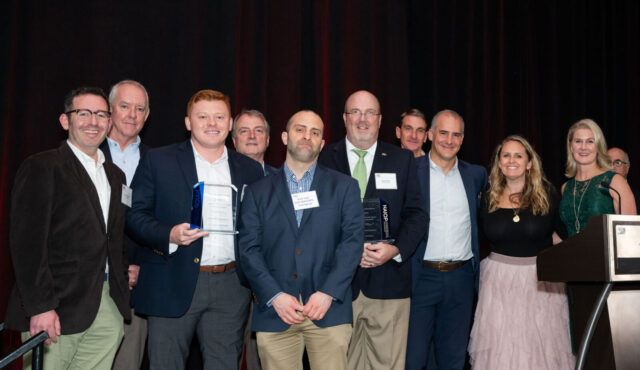
“NAIOP Maryland’s Award of Excellence recognizes the companies and individuals who demonstrated outstanding achievements in the commercial real estate industry, and positively impacted the landscape in the greater Baltimore region in a significant way,” said Kate Jordan, NAIOP Maryland’s President. “Commercial real estate is known for its cycles, and we acknowledge the winners for their vision, determination, and precision in bringing these projects to fruition. The commercial real estate sector remains among the leading economic development drivers locally, and contributes significantly to the lifestyle of residents and the success of businesses.”
MCB took home top honors in the “Best Transaction” category for its acquisition of ACE Logistics Center. Together with SDG Real Estate Group, MLR Partners and JP2 Architects, the company was recognized for the “Best Community Impact – Redevelopment” for its execution of Northwood Commons.
MCB, in a joint venture partnership with Artemis Real Estate Partners and principals of Ace Logistics Services, acquired a nearly 960,000 square foot industrial building in Harford County formerly known as Tower Logistics Center. Delivered in 2021 and contained within a 99-acre parcel at 1225 South Philadelphia Road in Aberdeen, the building is 100 percent occupied by Ace Logistics Services. The company provides cargo handling, warehousing, and logistical services to a variety of local and multinational corporations.
The site is equipped with four drive-in truck docks, 40-foot warehouse ceiling heights and an adjacent parking field that can support more than 310 vehicles and is within proximity of Interstate 95 and MD Route 40.
Northwood Commons, formerly Northwood Plaza Shopping Center and situated in northeast Baltimore City adjacent to Morgan State University, Maryland’s largest HBCU, has an ugly civil rights episode in its history.
The segregated shopping venue was the site of a high-profile situation during the midst of the nation’s Civil Rights movement when a group of Black college students were not allowed to enter the Northwood Theater, as well as the neighboring drugstore lunch counter in 1955. The theater was thrust into the spotlight again when it was later the site of large anti-segregation protests in which scores of students were subsequently arrested on charges of trespassing and disorderly conduct.
The underpinnings of racism were often apparent throughout Baltimore City when numerous white property owners utilized racial covenants to prevent properties being sold or used by Black or Jewish residents. Although integration of Northwood Plaza was ultimately achieved in the 1970s, the shopping plaza lacked investment capital and the physical condition and tenant mix slowly deteriorated and lost relevance. The partnership subsequently created a plan to redevelop the property and commenced a $46 million demolition and redevelopment of the property in 2019.
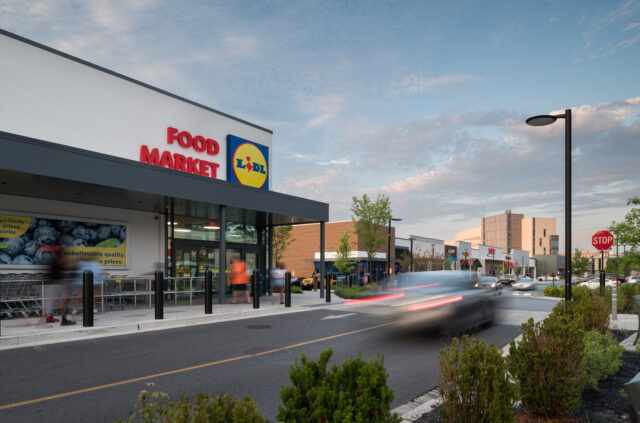
In 2022, the center re-emerged as Northwood Commons, featuring more than 100,000 square feet of retail and restaurant space and an additional 20,000 square foot Morgan State University Public Safety building, as well as a Barnes & Noble college bookstore with a Starbucks Coffee, to serve the needs of Morgan State University students, faculty, visitors, and surrounding community. A local food desert was eliminated with the opening of a new Lidl Supermarket. Other retail tenants include McDonald’s, Chipotle Mexican Grill, Fulton Bank, The Harbor Bank of Maryland, IHOP, Tropical Smoothie Café, Pizza Hut, ZIPS Cleaners, and Downtown Locker Room.
The partnership achieved 100 percent leasing of Northwood Commons in approximately 18 months, transforming a site that had no economic activity into one that is now generating more than $60 million in annual sales.
Media & Press
Media Inquiries
